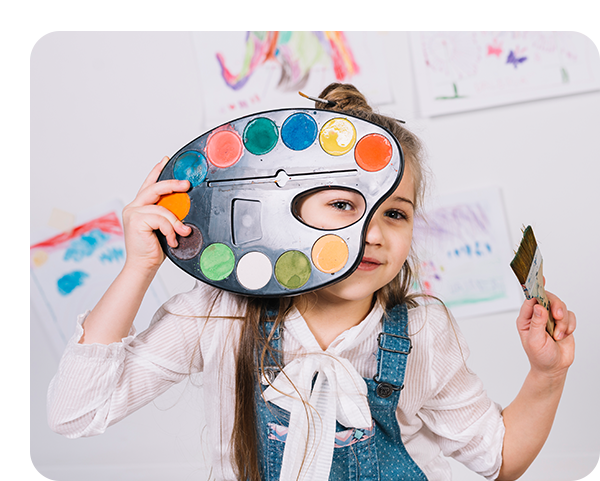

How We Teach
Language & Literacy
Mathematics
Science
Young children's knowledge about math develops over time. During a teacher-directed math lesson a concept is introduced or reviewed and then followed by individual or partner practice. Students have a wide variety of math materials and games available to explore individually or with partners, which will help them make sense of the lesson or extend their understanding. Many of our everyday activities naturally incorporate math concepts to make learning enjoyable and relevant. When children build, sort, count, collect data, and measure, they are constructing a deep understanding of mathematical ideas.
We support young children's scientific thinking and inquiry through a science component in our unit themes and projects. Wribbenhall incorporates S.T.E.M. based lessons that pose real world problems for children to collaboratively conduct experiments and test their hypotheses by collecting, recording, and analyzing data. Asking pertinent questions to help them summarize their understanding and share their discoveries with one another, enables the children to use this knowledge to improve their original designs.
Better Skills
Stronger academic skills
Better Socials
Richer vocabularies
Better Experience
The Outdoor Learning Lab
